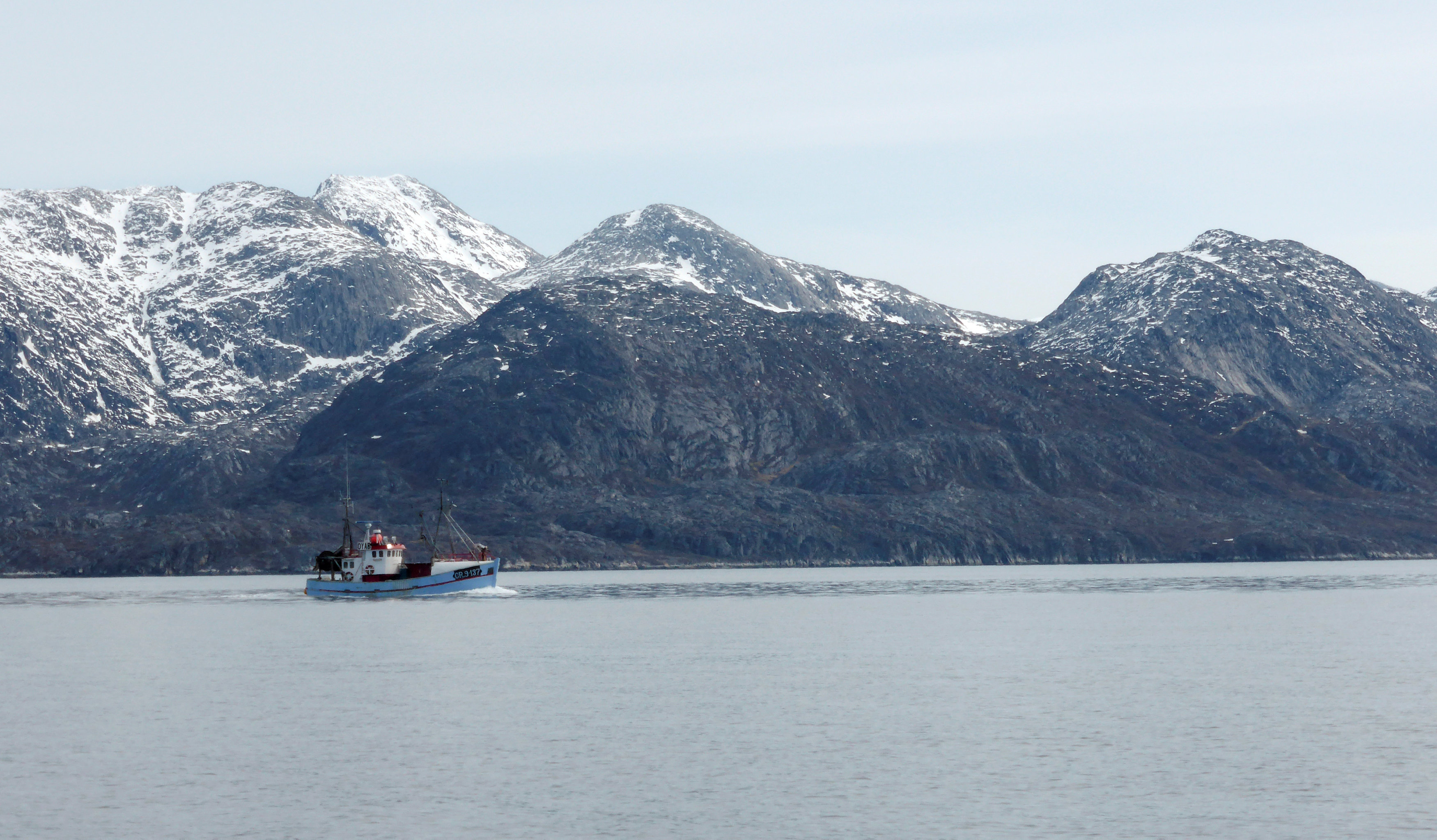An ‘ever looser union’: the slow separation of Greenland and Denmark
National Identity Politics and Postcolonial Sovereignty Games: Greenland, Denmark and the European Union.
By Ulrik Pram Gad. Museum Tusculanum Press; 151 pages; 198 kroner/ $29/€27
First after Denmark, Greenland’s most developed international relation is with the European Union. Although its mission to Brussels includes just four people, Nuuk has managed to secure both financial transfers and an understanding for its situation out of all proportion with the size of its population.
Given the success of the relationship so far, reckons Ulrik Pram Gad, a Danish academic and former official in the Greenland foreign ministry, the Nuuk-Brussels relationship offers a case study for how Greenland is trying to expand its international relations independent of Copenhagen.

For this reason alone, it is worth peeling back the skin on the relationship to determine how it took shape. In a new book, “National Identity Politics and Postcolonial Sovereignty Games: Greenland, Denmark and the European Union,” Gad does just this, explaining how the role Greenland’s relations with the EU have served as a first step towards lessening its dependence on Denmark.
Ironically, the process of narrowing the role Copenhagen has in Nuuk’s external affairs has required the participation of Danish officials to varying degrees. This is something, Gad explains, that results in the Kingdom of Denmark effectively working to make itself a vehicle of its own destruction.
For now, this process, which he describes as “ever looser union,” is akin to a bike moving at slow speed: It continues to be ridden forward, but only fast enough to prevent it from toppling.
Given the clout Greenland conveys on Denmark, thanks mostly to its important strategic location for the U.S. military, but just as much as an Arctic territory, it is understandable why Copenhagen would be looking to let the independence process drag out as long as possible.
Gad, however, also suggests that it also suits an unstated interest in Nuuk, since it allows Greenland to continue to build up an identity as an autonomous people, without having to engage in the rather more expensive and decidedly more contentious process of actual secession from the Kingdom of Denmark.
“A politician cannot say Greenland should remain a part of Denmark, even if that might be what’s best for now. So instead they have this situation that allows them to say progress is being made, but not one that is moving so fast that it carries great political risk.”
While this arrangement allows Greenland the benefit of sometimes acting autonomously of Denmark and sometimes using Copenhagen to open doors officials in Nuuk cannot, there are also pitfalls. In most foreign settings, even if the business to be conducted is between Greenland a foreign power, protocol generally requires a Danish official to be present. At best, the Danes can be later cropped out of the picture. At worst, it leads to confusion about who makes the decisions. Even in situations where everyone understands the situation, for Greenland, says one official, the sense is that there is always a chaperone in the room.
Likewise, as Greenland takes on more responsibility for its own affairs, Denmark becomes increasingly detached, resulting in a civil service in Copenhagen that is increasingly better versed in the way Brussels functions than the way Nuuk does. This makes it difficult for them to provide proper assistance in areas where they still have an obligation to do so.
All of this has the potential to go horribly wrong. Gad points to the as-yet-unresolved row over the selection of a firm with marginal Danish/Greenlandic ties as the winner of a base-service contract at Thule Airbase as one example. “Insufficient attention, experience, and sense of proportion to the issue” in Copenhagen, Nuuk and Washington, he reckons, “conspired to create trouble,” not just for Greenland’s finances, but also for the legitimacy of the Kingdom of Denmark.
Despite the slow, arduous pace, independence from Denmark (whatever form that takes) is the only realistic scenario for Greenland in the long-run, Gad concludes, since that gives the country the most opportunities.
The announcement last week of a new cabinet in Nuuk that included an ‘independence minister’ is unlikely to affect the speed of the process significantly, particularly given that Greenland’s two largest parties, Siumut and IA, who both have seats in the cabinet, each have their own approach to independence.
“We now have two bitter rivals sitting down side-by-side working towards independence. That might take the process a step or two further, but there could also be clashes that result in it standing still.”
Toppling, on the other hand, is not an option.